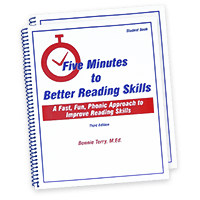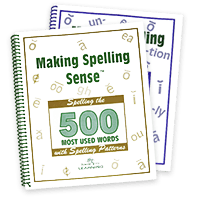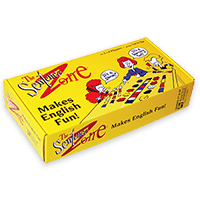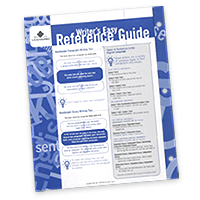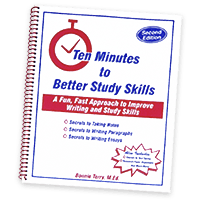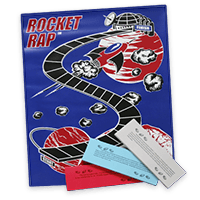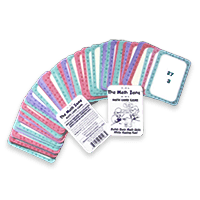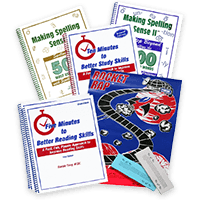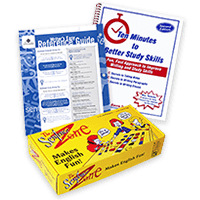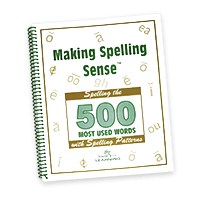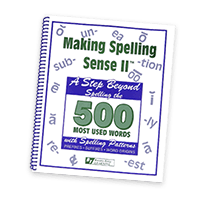Auditory Processing: Learning Sounds and Spell With Ease
October 15th, 2010[vc_row][vc_column][vc_column_text]
Do Your Kids Struggle With Auditory Processing? With Spelling?
I often get calls and emails from parents concerned about spelling. Their child is struggling with spelling. Many kids as well as adults struggle with spelling. The problem with spelling is it depends not only on the structure of the language, it also is based on sounds. And sounds lead us to auditory perception or processing skills.
We learn three ways. We learn by hearing, by seeing, and by doing. Within each of those areas: vision, auditory, and tactile/kinesthetic, there are 9 sub-categories that affect learning. When you struggle with spelling it can be due to one or more areas of auditory perception that isn’t working as efficiently as it could be.
Spelling and Auditory Processing
Think about it, when a student struggles with learning their sounds they typically struggle with spelling. When you don’t know your sounds or have trouble discriminating one sound from another, spelling can be very hard. There are several things you can do as a parent to help your child improve their processing. One thing is to use a spelling program that addresses the auditory perception areas and at the same time teaches the structure of the language. Spelling doesn’t have to be hard anymore.
Auditory Processing Device
[/vc_column_text][/vc_column][/vc_row][vc_row][vc_column width=”1/3″][vc_single_image image=”7418″][vc_row_inner][vc_column_inner][vc_column_text]Learn More about Making Spelling Sense[/vc_column_text][/vc_column_inner][/vc_row_inner][/vc_column][vc_column width=”2/3″][vc_column_text]In addition to using a spelling program such as Making Spelling Sense, you can help your kids hear their sounds with greater clarity by using this auditory device. It just takes a few minutes to make. I use this auditory device with kids of all ages. It really helps them to hear the sounds and the words more clearly.
I just did an assessment a few weeks ago and the student I tested still has trouble with some of his sounds. He is in the 4th grade. He has a lot of auditory processing difficulties. Remember, their are 9 areas of auditory perception that affect learning. Using this auditory device with him makes it easier for him to discriminate between the sounds. His life is becoming easier because of it. Sounding out words and spelling words is easier. This is great for kids with CAPD, and auditory processing difficulties, learning disabilities, dyslexia, or speech problems.[/vc_column_text][/vc_column][/vc_row][vc_row][vc_column][video_item youtube_video=”true” title=”Auditory Processing: Learning the Sounds with Ease” author=”Bonnie Terry” publisher=”Bonnie Terry Learning” link=”https://www.youtube.com/embed/5PCdtvVxMpI”][/vc_column][/vc_row]








